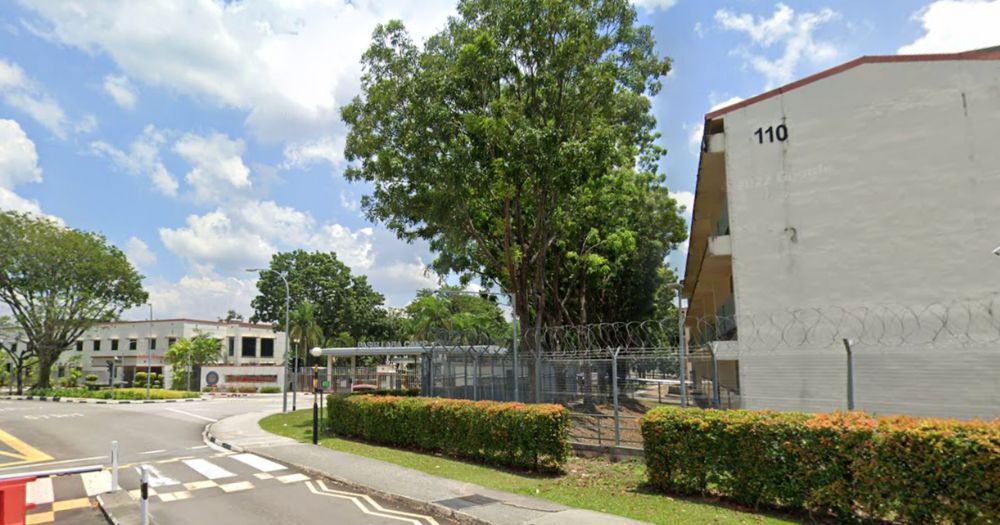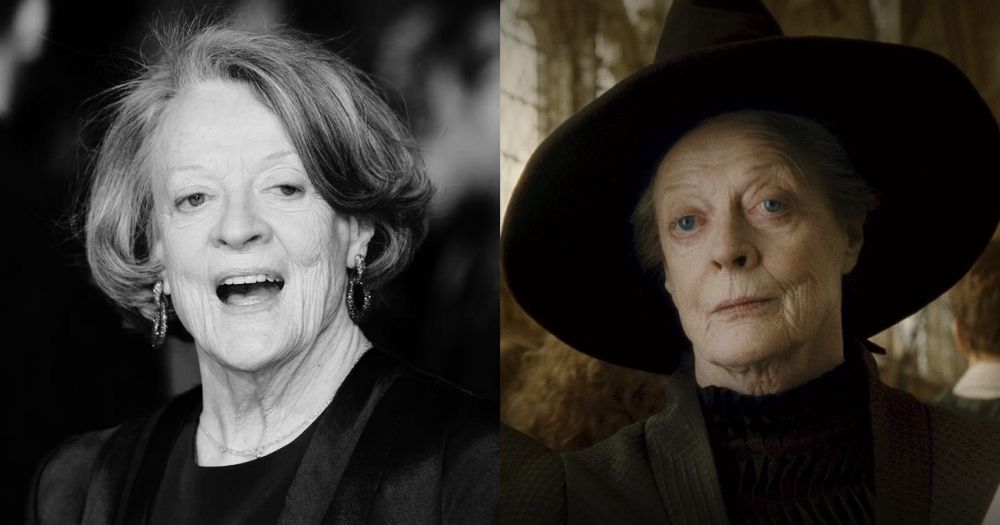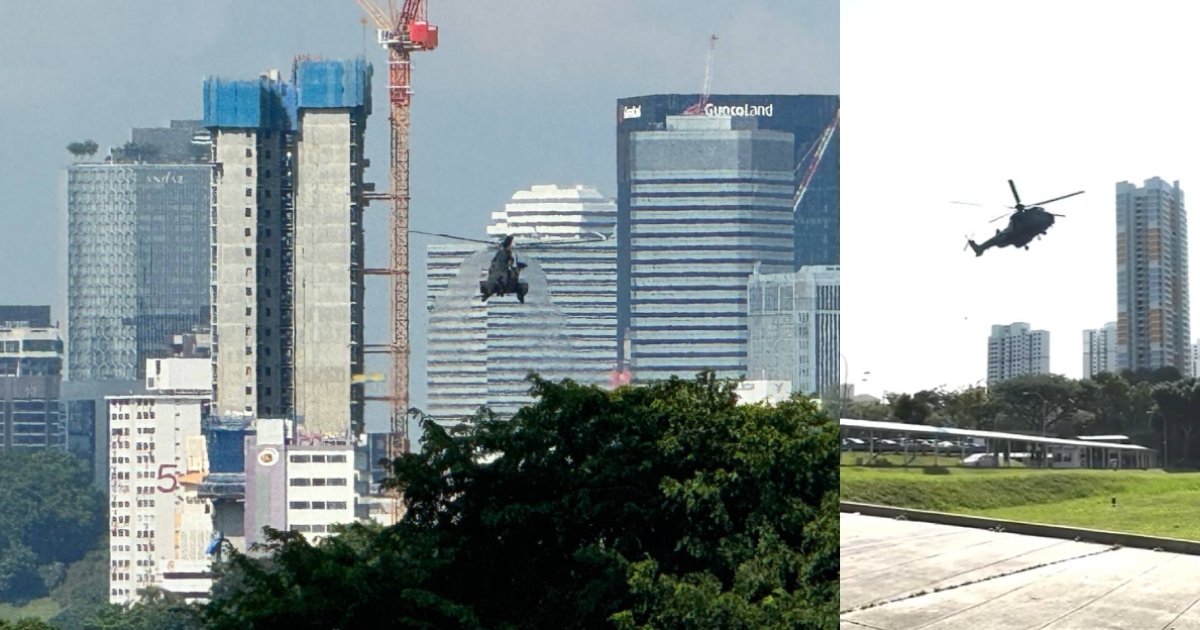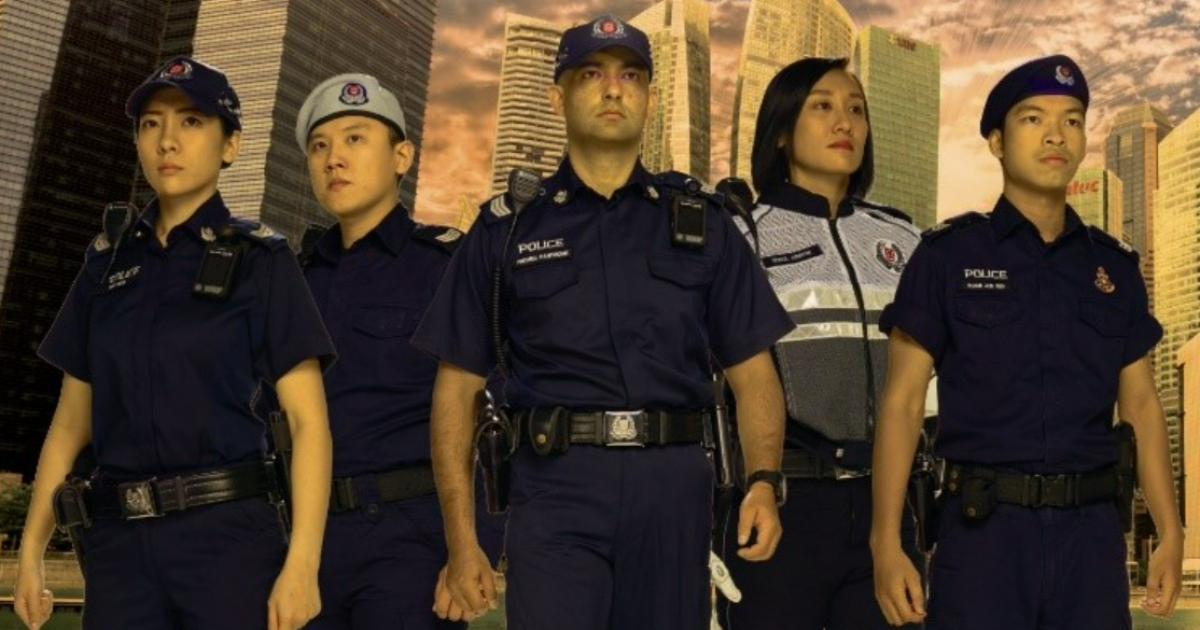ADVERTISEMENT
Ex-UK PM Tony Blair shares 3 'controversial' decisions made by Lee Kuan Yew that reaped later rewards
Blair cited Lee as a leader he had learnt much from.

Former Prime Minister of the United Kingdom Tony Blair recently gave an interview to podcaster Dwarkesh Patel, during which he highlighted what he considered three major decisions made by Singapore's first prime minister Lee Kuan Yew that worked out well in the long run.
Advice
Blair now runs the Tony Blair Institute for Global Change, which advises national leaders on how to enact policy by advising on "strategy, policy, and delivery", as well as how to use technology to further their goals.
The Institute notably works with developing countries in order to help develop governance practices in those countries.
It was in this context that Blair was being interviewed by Patel, where they spoke about the challenges of politicians transitioning from political roles to executive ones as leaders of their government.
Blair was asked what advice he might give to Lee Kuan Yew in the 1960s by Patel in the podcast, which was shared on Jun. 26:
"Take Lee Kuan Yew and his position in the 1960s and the Singapore he inherited.
If you were advising Lee Kuan Yew with the advice that you would give to a developing country now, would Singapore have been even more successful than it ended up [being]?"
I learned so much from Lee Kuan Yew: Tony Blair
Blair demurred immediately, saying that the question had things the wrong way round, and that it was he who had learnt "so much" from Lee Kuan Yew.
Noting his initial meeting with Lee in the 1990s when Blair was leader of the United Kingdom's Labour Party, likely prior to his 1997 landslide victory that made him Prime Minister, he said Lee asked why Blair wanted to meet him, and that the Labour Party had been very critical of Singapore.
"The first thing he said when I came into the room was 'why are you seeing me? Your party has always hated me.'" Blair recounted.
Blair replied that he "watched what you do in government and I want to learn from it".
Blair shared that what he had learnt was that the fields of politics and of government were different professional disciplines, and that it was possible to learn lessons of what has worked and what hasn't worked.
Three decisions
Blair said that Lee had made three decisions at the beginning of Singapore, that all now seemed obvious, but were all deeply contested at the time.
Speaking English
Blair credited the decision to make English Singapore's language, and that Lee clashed with those who believed the newly independent state should have its own local language.
Lee disagreed, saying that English was the "language of the world".
Bringing intellectual capital to Singapore
Blair credited Lee for deciding to bring the best intellectual and management capital, subject matter experts and practitioners to Singapore, regardless of where in the world they were from.
Lee experienced pushback, with critics saying that as a new nation, Singapore should stand on its "own two feet", as well as questions as to why Singapore should ask the British to return despite numerous disputes.
Blair said that Lee had rejected the objections, saying that Singapore would bring in the best from wherever they were, and now "Singapore today exports intellectual capital".
Zero tolerance for corruption
Thirdly, Blair credited Lee for implementing a strong stance against corruption, but also praised the method Lee used.
He specifically referenced Lee's insistence in ensuring that political leaders were well paid, and in fact now they are some of the best paid in the world by a "factor of about 10".
Technological revolution
Patel asked if Western countries such as the United States or UK's leaders would have the power to implement an equivalent set of polices, or if they would be stymied by bureaucratic inertia, a subject the pair spoke about earlier.
Blair thought it was still possible, suggesting that there were many opportunities to utilise technologies, particularly artificial intelligence, to improve productivity in both the public and private sectors.
Describing it as a "technological revolution", he describe the advent of AI as an exciting time to be in politics, because of the challenge of coming to terms with the new technology.
Patel also asked if institutes such as Blair's, while likely giving excellent advice to any individual leader they spoke with, may limit "new Singapores" from emerging by limiting what revelations might come about through policy experimentation.
Blair said that his institute did not attempt to be prescriptive in their advice, but instead focused on principles that were true for all governments, developed or developing.
These principles include prioritisation, finding effective policy, finding the right personnel, and managing the implementation of such policies.
Inertia
The full interview was an hour long, with Patel and Blair covering a range of topics, including Blair's dismissal of "deep state" conspiracies.
He explained that simple inertia was a far better explanation for why change in government always took such a long time.
Top image via Dwarkesh Patel/YouTube

ADVERTISEMENT
ADVERTISEMENT
MORE STORIES





















